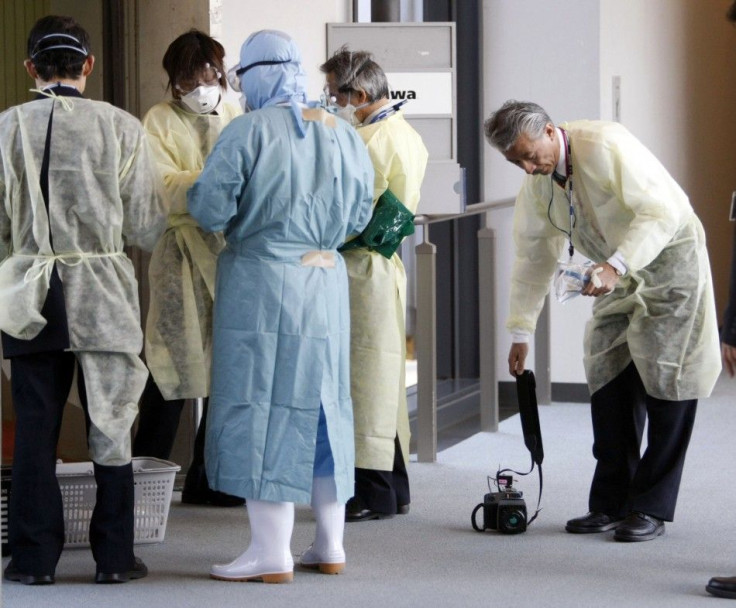China's Response To H7N9 Bird Flu Is Rapid, Unlike Previous SARS Epidemic

As China’s death toll from the H7N9 strand of the avian influenza has risen to at least six, it has began slaughtering all live poultry at an agricultural products market in Shanghai.
State-run newspaper, the China Daily, reported authorities closed a live poultry trading zone in the Songjiang district of Shanghai and slaughtered all birds there after they tested positive for H7N9. The Shanghai municipal agricultural commission also reportedly ordered the disposal of the culled birds, bird excrements, food products and all vehicles used to transfer the birds.
Chinese authorities have acted relatively quickly and publicly amid growing concern the bird flu outbreak could spread. That's in contrast to authorities response when a severe acute respiratory syndrome, or SARS, epidemic hit the nation’s capital 10 years ago.
Beijing authorities tried to cover up the SARS epidemic to ease fears, until it was forced to come clean as the disease spread rapidly. Wang Qishan, now a member of the Politburo Standing Committee, took over as Beijing’s mayor during the outbreak, and was commended for implementing effective measures that contained the disease. This time around, perhaps because of the additional influence of the social media presence that exists, authorities have been upfront and timely with updates about cases in China.
The National Health Commission has also distributed prevention and quarantine plans to health institutions around the country and is requesting institutions to provide daily reports of possible cases.
Feng Zijian, the director of the emergency center at the Chinese Center for Disease Control and Prevention, told China Daily that the H7N9 flu won't likely become as much of a public incident as SARS, a disease that was spread through human contact, which claimed several hundred lives on China’s mainland, as well as in Hong Kong and Taiwan.
“H7N9 is completely different from SARS, and those who had contact with the nine patients have no relevant symptoms,” Feng said. “No human-to-human transmission of H7N9 has been discovered to and no epidemiological connection between these cases has been found so far.”
Beijing-based Bill Bishop, who is behind the popular Sinocism China Newsletter and weekly China Insider column for the New York Times Dealbook, was in China during the most recent swine flu scare.
“Remember the quarantines and temperature checks all over Beijing during the 2009 swine flu fears? I expect them to return very soon.” he wrote in the newsletter on Friday. "China appears, I hope, to have learned a lot of lessons from SARS."
Correction: A previous version of this article stated Bill Bishop was in China during SARS, when in fact, he was not.
© Copyright IBTimes 2024. All rights reserved.






















